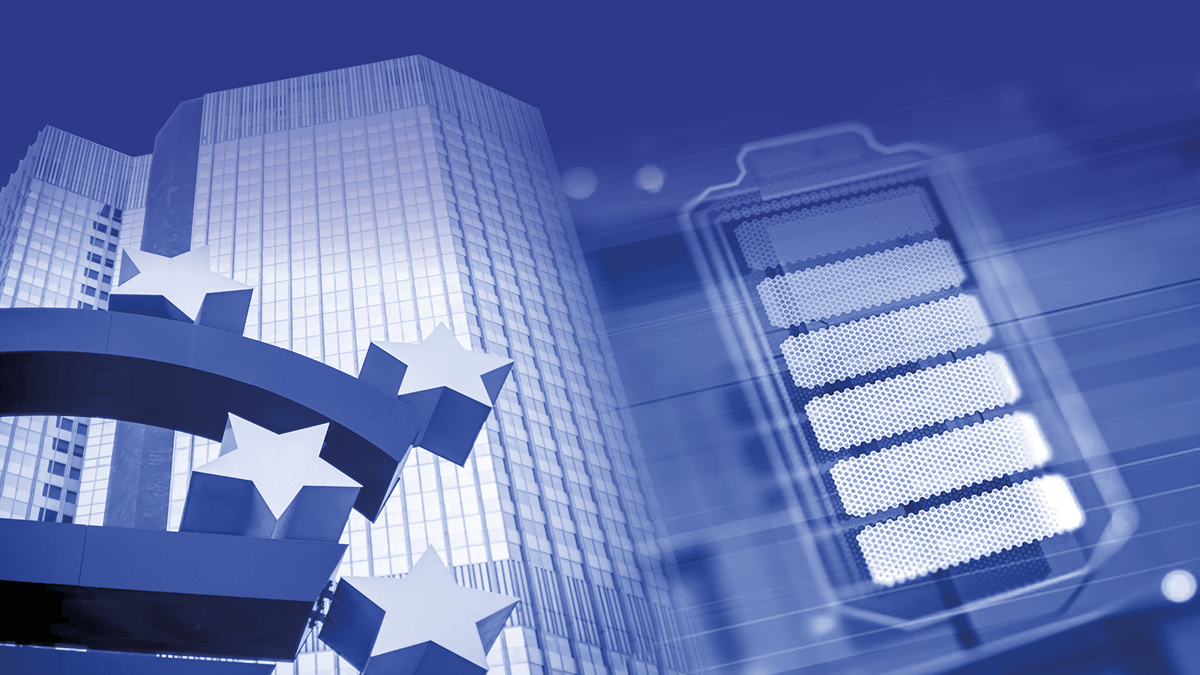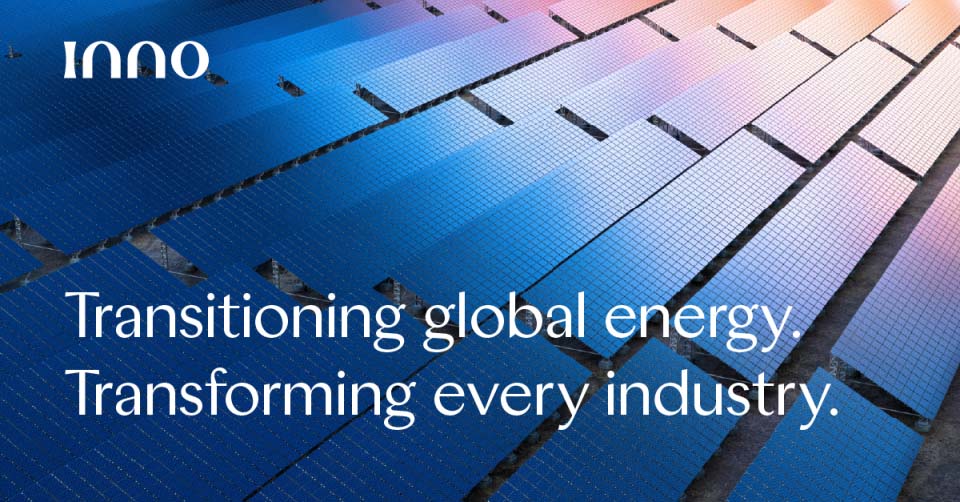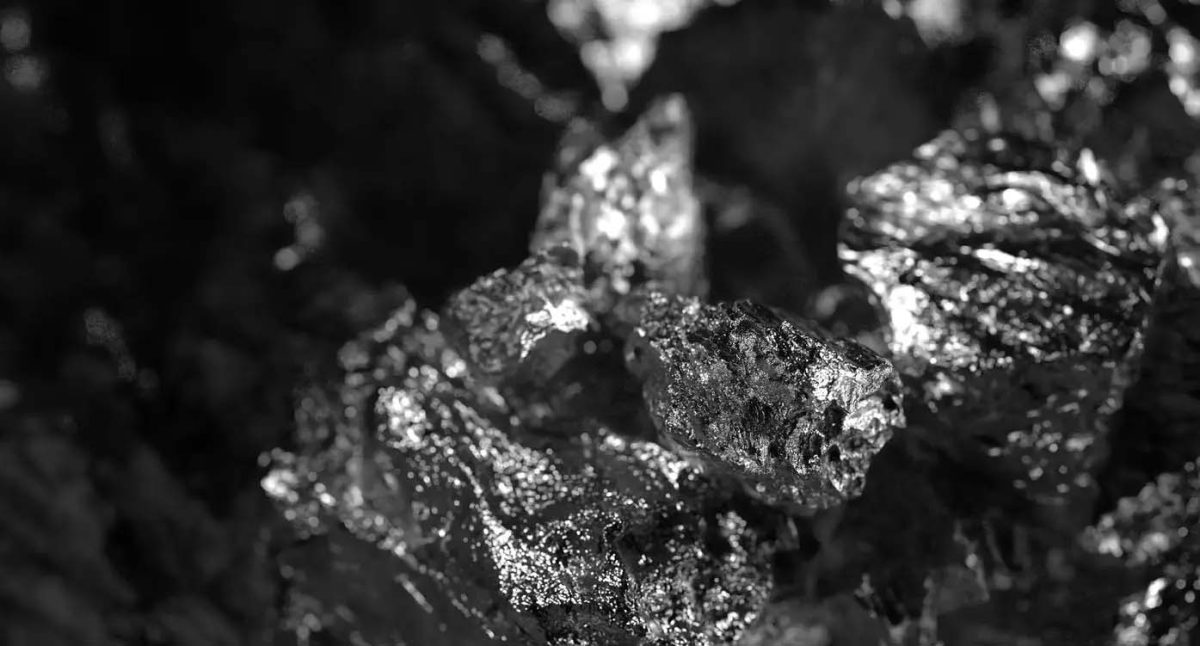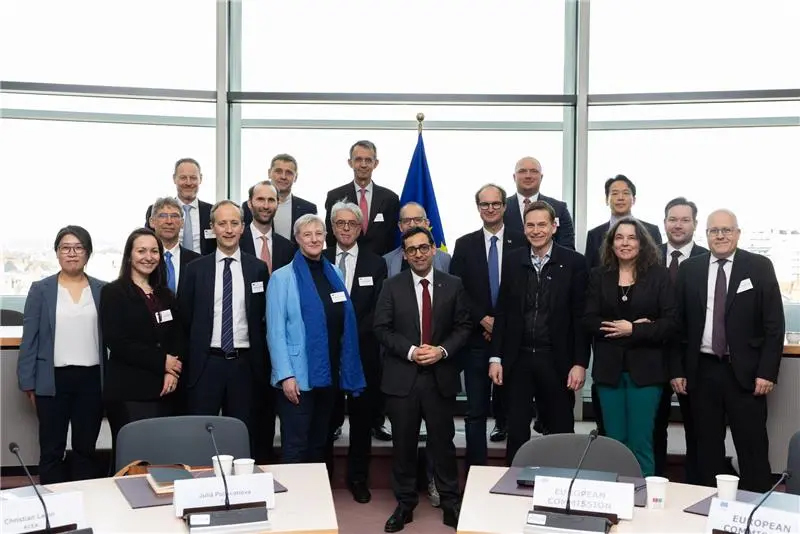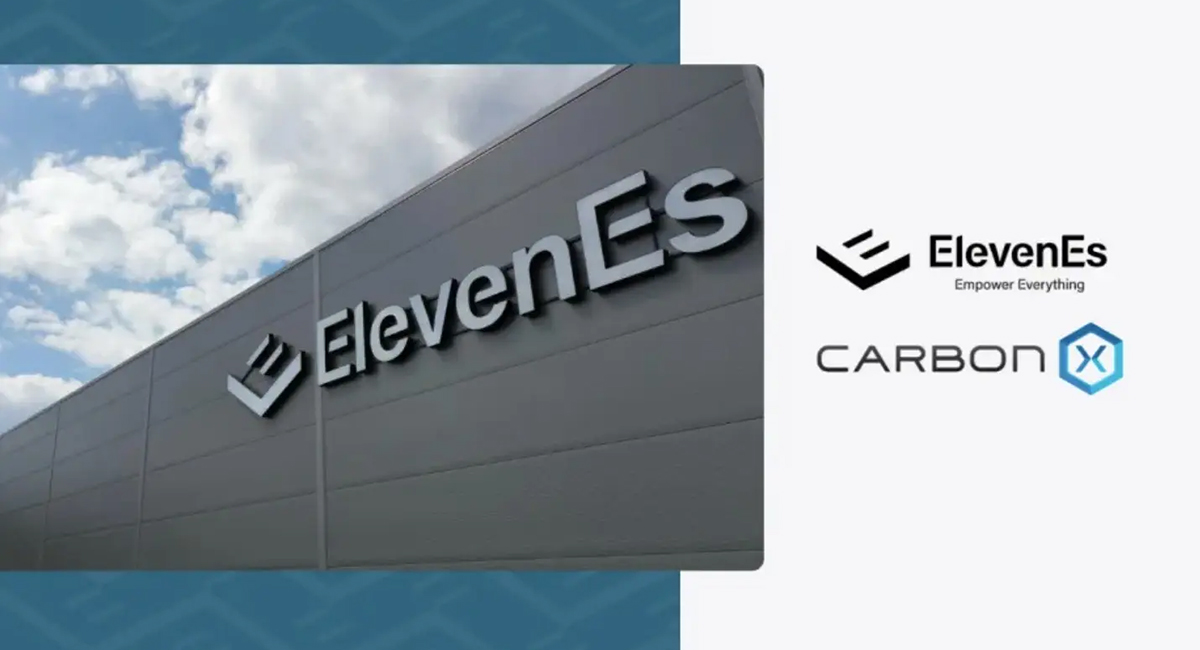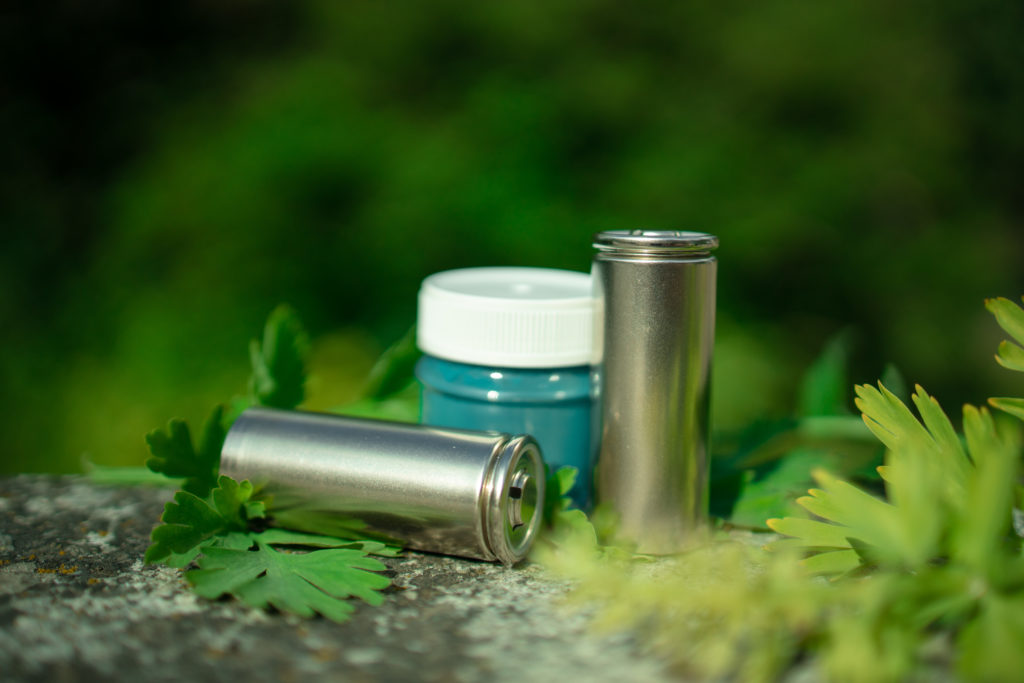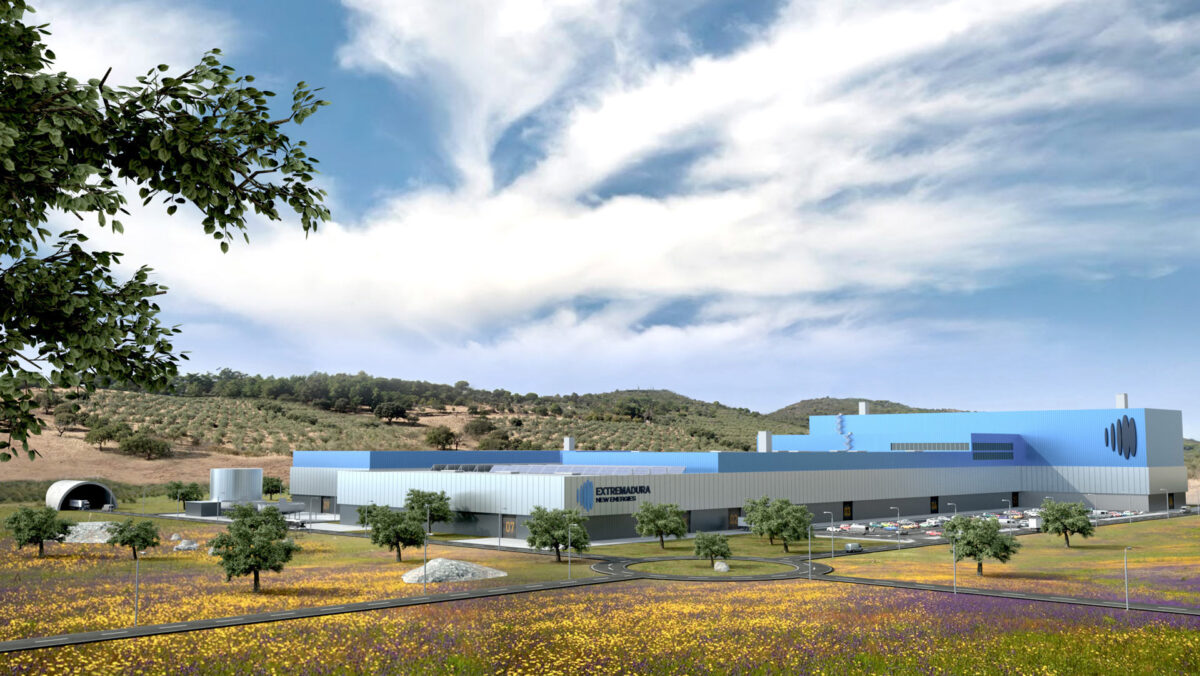
Jun 2, 2022
Producing critical battery raw materials in Europe for a safe and sustainable battery value chain: the example of the San José lithium mining project
As Europe is dependent on importing more than 80% of the necessary battery materials, building up a certain share of domestic production within the EU is critical. Not only this increases the security of supply, but it also creates opportunities to build up more integrated value chains with potentially lower domestic production costs and greater sustainability and transparency for the sourced materials.
With this in mind, the EBA250 and EIT InnoEnergy support the development of an alternative supply chain from European resources via their Business Investment Platform (BIP). The BIP actively supports the exploitation of raw materials deposits (lithium, manganese, graphite, aluminium and nickel) in the Iberian Peninsula, Scandinavia, and Central and Eastern Europe. The San José lithium mining project developed by Extremadura New Energies is one of them. In an interview for the Spanish publication El Periódico Extremadura, Diego Pavìa, CEO at EIT InnoEnergy, underlines how this project contributes to EU’s strategic objectives while guaranteeing a safer more sustainable lithium-ion battery value chain.
Located in the Cáceres region in western Spain, San José is the second largest hard-rock lithium deposit in the EU. “The latest forecasts estimate that, by 2030, more than 50% of vehicles sold in Europe will be fully electric”, says Diego Pavìa. “That means that the demand for lithium will increase more than 40-fold during this decade. In Europe, we are making great efforts in R&D and in the deployment of industrial battery recycling projects. But to be able to recycle, the first generation of batteries must reach the end of their life. And that will not happen until the latter part of this decade. Until then, we will have to base our raw material supply on sustainable extraction and processing. It is therefore important that we make European deposits of critical materials viable, especially those of a certain size, thus avoiding dependence on other markets. The Extremadura New Energies project holds the second largest hard-rock lithium resource in Europe and its sustainable exploitation is a unique opportunity for Europe.”
Initially planned as an open pit operation in a prefeasibility study completed 2019, a later scoping study published in October 2021 revealed the potential upside for an underground mine and the increased production of battery grade lithium hydroxide from an integrated facility. Both environmental and societal aspects are improved.
“We believe that the promoters have introduced relevant modifications that respond to the concerns expressed in recent times. The new underground mine configuration and the replacement of natural gas by green hydrogen radically reduce the project’s footprint. It is important to remember that this mine is located in an old mine, so we are talking about restarting an activity with a long tradition in the area and, in addition, applying much more demanding standards of sustainability in the operation. In addition, with this new configuration, employment needs are higher, rising from 250 direct jobs to 700 and increasing indirect jobs from 750 to 1650, which will also serve to boost the region’s industry,” comments Diego Pavia.
He adds: “The mineralogy from which lithium will be extracted in the Extremadura New Energies project has not yet been used on an industrial scale anywhere else. That is why EIT InnoEnergy wanted to get involved in the development of a technology adapted to refine the lithium from Cáceres. For example, we replaced corrosive agents such as sulphuric acid used in other parts of the world with biodegradable agents that minimise emissions from the production process. This lithium refining technology, co-developed with Extremadura New Energies, is more environmentally sustainable, and meets the sustainability requirements in force in Europe, which are the most demanding in the world.”
In addition to the need for lithium for the first generation of batteries, Diego Pavìa insists on the importance of raw materials for Spain. Spain is indeed the second largest vehicle producer in the European Union behind Germany. The automotive sector represents 10% of the country’s GDP, it is therefore vital to develop a Spanish battery value chain as well. “[Spain has] projects for cell manufacturers, module manufacturers, recycling and second life, and we must also make a strong commitment to raw materials. Moreover, of all these elements of the value chain that I have just mentioned, raw materials are the only ones that cannot be delocalised, making them an even greater strategic opportunity.”
Driven by the Fit for 55 package targets which aims to reduce greenhouse gas emissions by 55% by 2030, there is no doubt that electrification of transport will further accelerate, thus setting the demand for battery materials to soar. “It should be remembered that the European Parliament agreed in December 2021, by a majority of over 92%, to promote sustainable mining in Europe, because this is where the law is more demanding with this type of project, and therefore it is better to produce these materials here more sustainably than to import ‘dirtier’ materials from other latitudes”, also underlines Diego Pavìa. Boasting a low and verifiable climate footprint, high environmental requirements and good social conditions, Europe proves to be a good place to produce metals and minerals. So let’s s embrace this opportunity to establish the safest and most sustainable lithium-ion battery value chain in the world.
To read the full interview on El Periódico Extremadura (in Spanish), click here.
Photo credit: Extremadura New Energies
More EBA250 news
Last week, the European Commission published the Clean Industrial Deal State Aid Framework (CISAF),…
We are pleased to welcome Emma Nehrenheim as new Managing Director of the European…
As Europe’s battery cell manufacturers face increasing competitive pressure, EBA250 remains actively engaged in…
InnoEnergy, the driving force behind the EBA250 initiative, introduces today its new brand identity,…
The new EU-funded facility will enhance global raw materials partnerships and access to Critical…
Last week, InnoEnergy and EBA250 represented the battery value chain in Brussels alongside Verkor…
ElevenEs, a European LFP lithium-ion battery manufacturer, has signed a Joint Development Agreement with…
The European battery industry has come a long way since the launch of the…
The 2024 Innovation Fund calls for proposals have been launched this week, with a…
Altris, a pioneering Swedish developer of sodium-ion battery technology, has reached significant milestones that…
